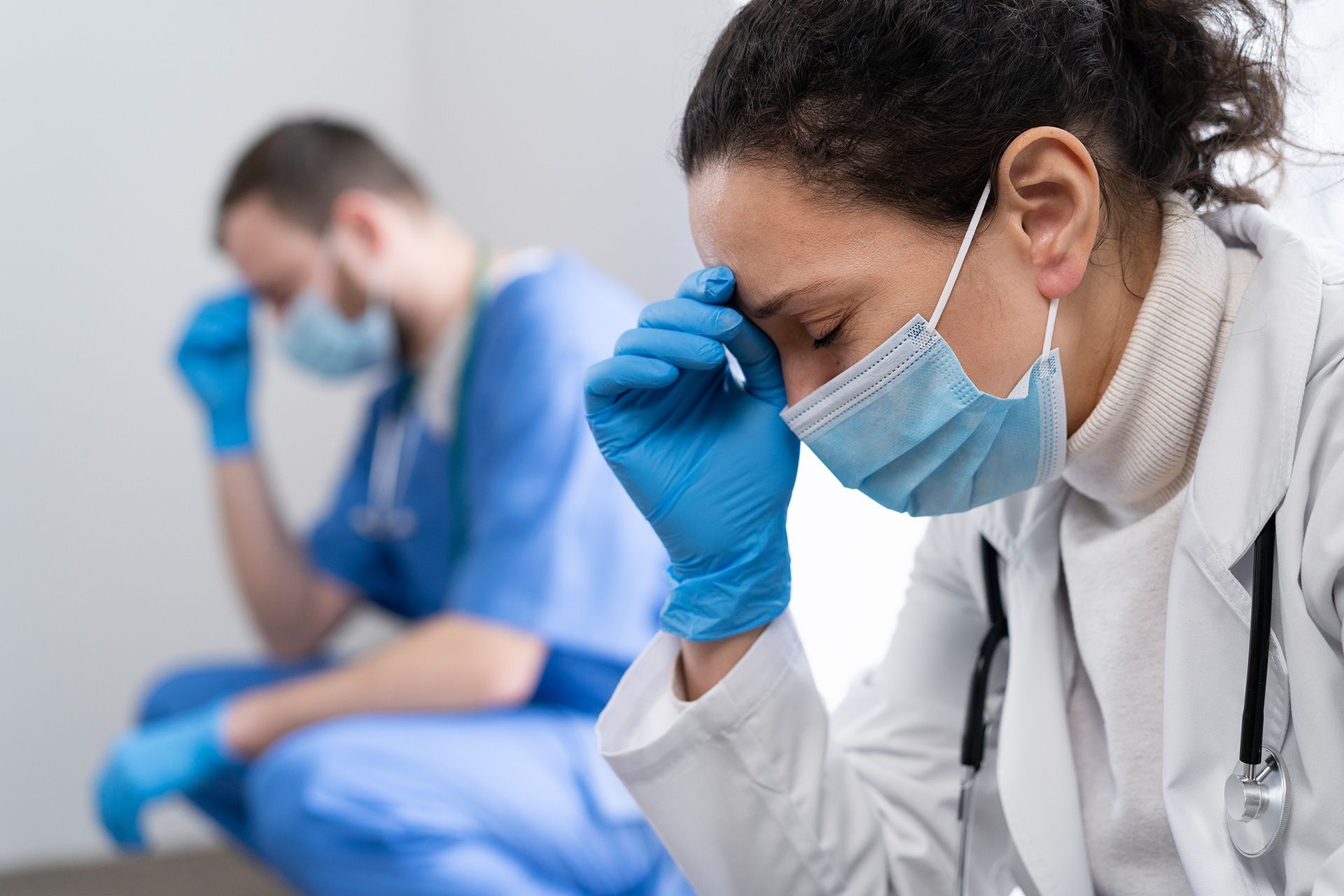What To Do If You Have Been Misdiagnosed
While a misdiagnosis may not seem like a big deal to most people, once you scratch under the surface, it can have devastating consequences. In extreme cases, a wrong diagnosis may lead to death, but even in cases where the ailment in question is not fatal, it can exacerbate the condition and put the patient through a great deal of physical and mental pain.
If you believe you are in the exact predicament, you should always listen to your gut feeling and try to take action to eliminate the chances of your condition getting worse.
Continue reading to learn what to do if you have been misdiagnosed.
Let’s go over some basic terminology first.
Definition of misdiagnosis
Misdiagnosis is an incorrect conclusion by a medical professional about the cause of a problem or a disease. Yet, it’s important to note that no diagnosis also falls under the definition of a misdiagnosis.
Misdiagnosis violates the medical standard of care that all doctors are required to provide to their patients. As such, a medical professional failing to help someone can be considered negligent if the following factors are present:
- Duty of care: due to the doctor-patient relationship, your physician has an obligation to act as a reasonably competent professional.
- Breach of duty: a misdiagnosis is not negligent by default. To prove negligence or a breach of duty, it’s necessary to prove that another physician with a similar level of skills would have been able to make a correct diagnosis.
- Causation: the misdiagnosis must cause direct harm for it to be considered malpractice. For example, if you were misdiagnosed for asthma and suffered a broken arm tomorrow, the misdiagnosis didn’t lead to your injury and consequently, didn’t cause harm.
- Damages: an incorrect diagnosis must result in measurable losses to be grounds for a claim. For instance, there are cases in which a doctor misdiagnoses a patient and prescribes them medication that also resolves the actual issue. While misdiagnosis occurred, the patient didn’t suffer any damages and thus, can’t recover compensation.
Although any condition or a medical problem that doesn’t have visible symptoms (such as a broken finger, for example) can be misdiagnosed, some illnesses are notorious for wrong diagnoses, such as:
- Heart attack - often mistaken for a panic attack or indigestion (heartburn)
- Lyme disease - misdiagnosed as depression or flu
- Lupus - some symptoms are mistaken for fibromyalgia or rheumatoid arthritis
- Asthma - often misdiagnosed as bronchitis
- Parkinson’s disease - confused by many physicians with a stroke or Alzheimer’s
Best steps to take after a misdiagnosis
With the basics out of the way, it’s time to shift our focus on what to do if you have been misdiagnosed. Remember, this isn’t only a legal issue, you also have to make sure you protect your health at all costs.
Here’s what to do if you have been misdiagnosed:
1. Ask for a second opinion
In the event you received a treatment plan that’s making your symptoms worse despite following the doctor’s recommendations to a t, you need to take action.
First, return to your physician and ask for a re-evaluation. If they’re adamant their diagnosis is accurate, ask for a second opinion from another doctor. The same applies to the cases if no diagnosis was established, yet the symptoms persist.
A diagnosis established by a new physician may help your recovery process, making it crucial for your overall health, as well as your potential malpractice claim. This is important to note because you have a legal obligation to minimize the damages of the misdiagnosis, otherwise, your claim may fall apart if the court establishes you purposefully made your condition worse through inaction.
2. Document all findings
You must document all findings made by the second physician you visit. If they determine that the previous diagnosis was wrong, this finding should be put into your medical chart.
Your medical records must go into detail about the new diagnosis, along with the symptoms that your doctor used to establish it. Additionally, the medical professional should also outline the consequences you suffered due to the initial error.
The documentation also extends to treatment incurred by the misdiagnosis, including the pain you endured and any medical bills you had to pay - all of which are important evidence for a malpractice case.
3. Follow the doctor’s orders
When considering what to do if you have been misdiagnosed, it’s essential that you follow the recommendations of the doctor who established the proper diagnosis. This helps you resolve the underlying medical issue but also bolsters your claim as you did everything necessary for your overall health.
If by chance the proposed treatment still doesn’t lead to improvements, you may have been misdiagnosed a second time, at which point your only choice is to seek another medical opinion.
4. Seek legal advice
As soon as your health is under control and your condition has improved, it’s time to take legal action by consulting a medical malpractice attorney. These legal professionals are experts at all the intricacies of medical malpractice cases and can determine whether you have a legal claim on your hands.
If your attorney ascertains there are clear elements constituting malpractice in your misdiagnosis case, they’ll put together evidence and help pursue a claim to recover compensation from the damages incurred by the wrong diagnosis.
While your primary goal is recovering funds necessary to pay for any extra treatment you had to go through due to your condition, you may also have the right to pursue other types of damages, including:
- Pain and suffering
- Emotional distress
- Lost wages
- Loss of earning capacity
Get your case up and running
Doctors are only human and they may be wide of the mark due to an honest mistake or pure carelessness. Regardless of why it happened, you will require a hefty amount of money to pay off all the medical costs.
You now know what to do if you have been misdiagnosed, which means you’ll also need an experienced attorney supporting you on the route to full recovery.
Chakour Law is one of the rare medical malpractice law firms that has an attorney on board who is a full-fledged surgeon. Is there anyone better in the world to handle your case than an experienced medical expert who is also a world-class attorney?
Call (833) 633-6257 or fill out our
contact form and we’ll let you know if you have a solid case on your hands.
Note:
The information in this blog post is for reference only and not legal advice. As such, you should not make legal decisions based on the information in this blog post. Moreover, there is no lawyer-client relationship resulting from this blog post, nor should any such relationship be implied. If you need legal counsel, please consult a lawyer licensed to practice in your jurisdiction.
Disclaimer: The information on this website and blog is for general informational purposes only and is not professional advice. We make no guarantees of accuracy or completeness. We disclaim all liability for errors, omissions, or reliance on this content. Always consult a qualified professional for specific guidance.
RECENT POSTS






